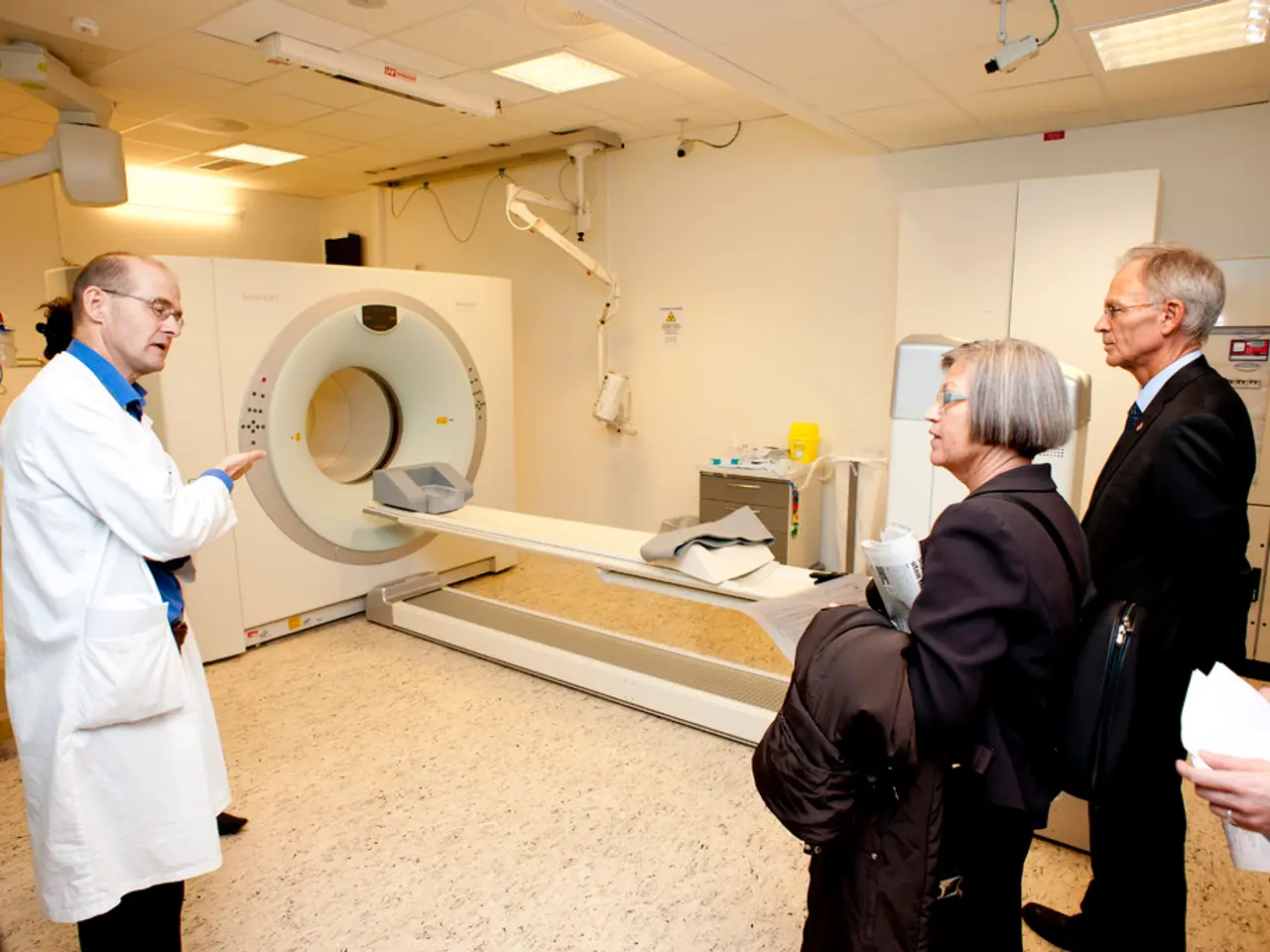Encouraging specialized physician consultations through financial incentives?
The German government is considering a significant shift in its healthcare system, with a focus on primary care provided by general practitioners (GPs). The Union and SPD coalition has proposed a binding system where patients would primarily visit GPs before being referred to specialists or clinics.
The German Association of General Practitioners supports this proposal, with Nicola Buhlinger-Goepfarth, co-chair of the Association, referring to existing GP programs with health insurance companies. Markus Beier, another co-chair, emphasizes the effects of demographic change on GP practices, particularly in caring for older, chronically ill people. He notes that as people age and suffer from more chronic illnesses, they require more coordinated medication and frequent doctor's appointments.
The PatientInnen-Netzwerk NRW and the Coordination Committee of Patient Organizations in NRW, along with the Gemeinsame Bundesausschuss (G-BA), have developed a key issue paper advocating for patient-centered healthcare. They aim to ensure a guaranteed appointment within a certain timeframe for patients. If the guaranteed appointment timeframe is not met, patients should have the option of being treated by a specialist or a hospital.
Eugen Brysch, a board member of the German Foundation for Patient Protection, acknowledges that mistakes need to be fixed before a mandatory first GP can be introduced. He also raises concerns about a lack of pharmacies with medical services and functional digitalization in the current healthcare system.
Federal Health Minister Nina Warken is considering financial incentives to facilitate more targeted access to specialist appointments. The proposed system also envisions a bigger role for pharmacies in the revised healthcare system.
However, Warken stresses that the system cannot be introduced overnight and that ensuring GP structures are in place is necessary to avoid deterring patients from seeking medical help. The German Foundation for Patient Protection has warned that there are still not enough GPs in the country to support this proposed change.
In conclusion, the proposed healthcare reform in Germany aims to provide a more patient-centered approach by focusing on primary care provided by GPs. The reform also includes a guaranteed appointment system, financial incentives for specialist appointments, and a bigger role for pharmacies. Despite the challenges, the German government is committed to implementing this reform to improve the healthcare system for all citizens.





